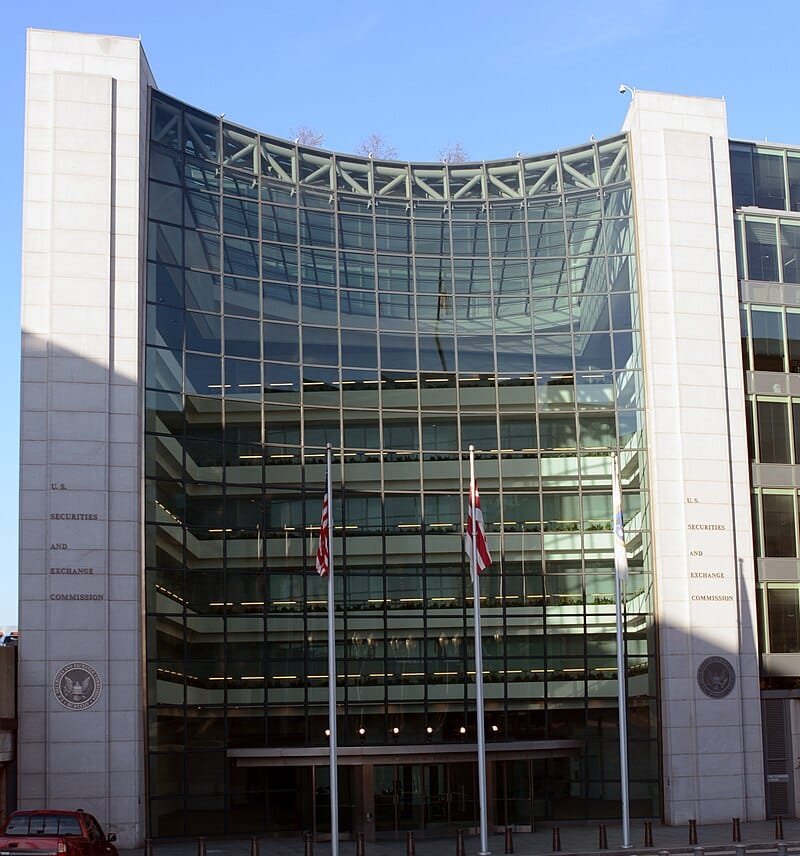The U.S. Securities and Exchange Commission (SEC) is proposing that all public companies report their carbon emissions.
In general, it will increase the reporting transparency of public corporations. It will help investors know more about how climate risks affect their investments.
What to know about the new rule?
One major mandate is that companies disclose both their Scope 1 and Scope 2 emissions. The same goes for their Scope 3 emissions, if “material”.
Some firms have announced their carbon footprint reduction pledges already. The SEC will mandate them to share how they would achieve such commitments. If corporations set their own carbon price, the SEC will demand them to report about it.
Climate activists are vigilant on carbon offsets strategy for reducing carbon emissions.
How would this impact public companies?
Most companies are already disclosing their carbon emissions in their annual sustainability reports. But significant discrepancies remain.
The former SEC chair Schapiro noted that there are still many big companies that won’t do it unless it’s mandatory. The present SEC chair said that both companies and investors would value the new law.
Companies will need help from climate tech experts for their climate risk reports. This is good news for carbon accounting due to increased carbon emissions reporting.
How important is the disclosed information?
According to SEC, it is the investors that pushed them to draft the rule. They demand better and more transparent climate risk information disclosure. This is because climate change disasters impact the environment.
Likewise, climate risks are also becoming essential for investors to make informed decisions. The information will also show which companies commit to reducing their carbon footprint. The public and investors can put pressure on businesses that are true to their words, not actions.
This rule will make the SEC the leading enforcer of climate-related financial disclosures. The draft proposal will be more likely finalized before this year ends.
For a full overview of the proposed changes Click Here.

